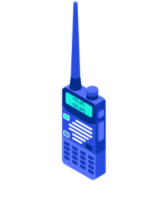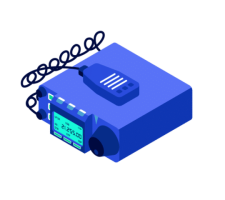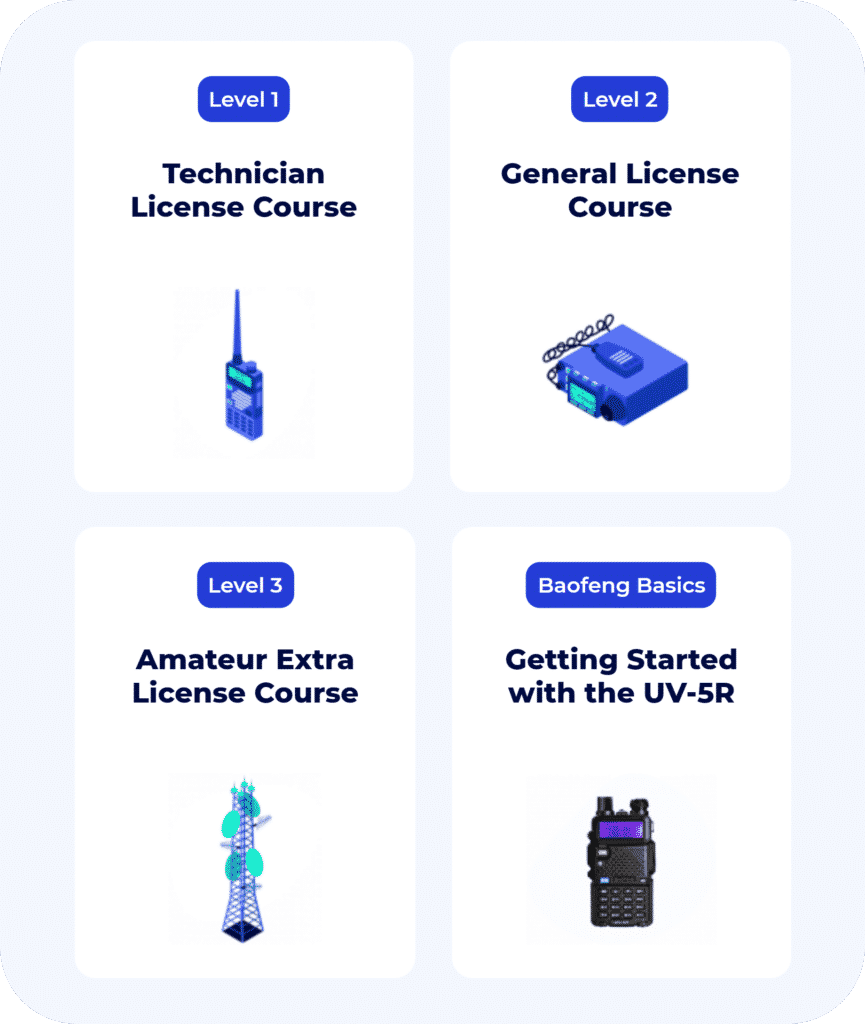This is not legal advice, but let’s start with the facts as we know them. You do not forfeit your Fourth Amendment right to unreasonable search and seizure by getting a ham radio license. Holding an FCC license does not allow federal or local law enforcement the right to enter your home at any time.
You may wonder what the difference is between an unreasonable search prohibited under the Fourth Amendment and what’s considered reasonable. If the FCC is investigating interference complaints and your station is searched, it’s considered reasonable as the agency is attempting to resolve a complaint.
Congress has legislated rules to allow FCC Enforcement Bureau agents to inspect radio equipment. This can be at any time they are working on interference issues if they believe specific equipment is involved. This inspection rule applies across all radio services. In addition to hams, this means broadcast stations, CB, GMRS and even public safety stations are subject to inspection, if necessary.
Here’s the Fourth Amendment to the Constitution (emphasis added):
“The right of the people to be secure in their persons, houses, papers, and effects, against unreasonable searches and seizures, shall not be violated, and no Warrants shall issue, but upon probable cause, supported by Oath or affirmation, and particularly describing the place to be searched, and the persons or things to be seized.”
This would leave it open to legislation on what is a reasonable search? As part of the rulemaking process, Congress has determined FCC station inspection is a reasonable search because of public safety issues. As the FCC points out in their inspection fact sheet:
“The FCC is inspecting the equipment, not your house.”
This is important to allow because of the role radio and broadcasting play in everyday life. Perhaps interference is keeping firefighters from responding to fire calls. A stuck mic is preventing your local ambulance service from knowing how to get to a heart attack victim. An off-frequency device is blocking planes from landing. In all these cases, it’s prudent to have a group empowered to resolve these issues. The federal government has made the FCC Enforcement Bureau the group to deal with these safety issues. Inspections are one of their tools.
Here’s how the FCC explains the process in their “inspection fact sheet”:
“Once you open the door, the agents should show their FCC identification card and badge, identify themselves by name and agency, and should state the purpose of the visit. They then should request permission to inspect the radio station. The agents may also ask to see records such as licenses for the station or operator. Agents, however, should never open private cabinets, drawers, or other private items in the search for license documents.”
So what happens if you say no when the FCC knocks on your door to inspect your equipment. It is a condition of your ham radio license to allow equipment inspections. Some hams have told FCC agents no and suffered consequences. They have been subject to severe fines and loss of their ham licenses and even their equipment for not allowing inspection.
The FCC keeps a history of enforcement actions on their website, including Amateur Radio enforcement actions. They also publish a table called “Base Amounts for … Forfeitures” which lists “Failure to permit inspection” as a minimum $7,000 fine. One of our instructors looked at FCC enforcement actions and ham radio fines over the last 10 years. Find that on N4BFR’s HamTechLibrary.com blog.
Recapping, Congress has said an FCC equipment inspection is a “reasonable” search. If you don’t comply, it could cost you at least $7,000 and your ham radio license and possibly equipment. That said, these are written by Congress, and Congress can change them. If you think they should be changed, visit https://www.congress.gov/ and contact your local representative and senator and state your case.












